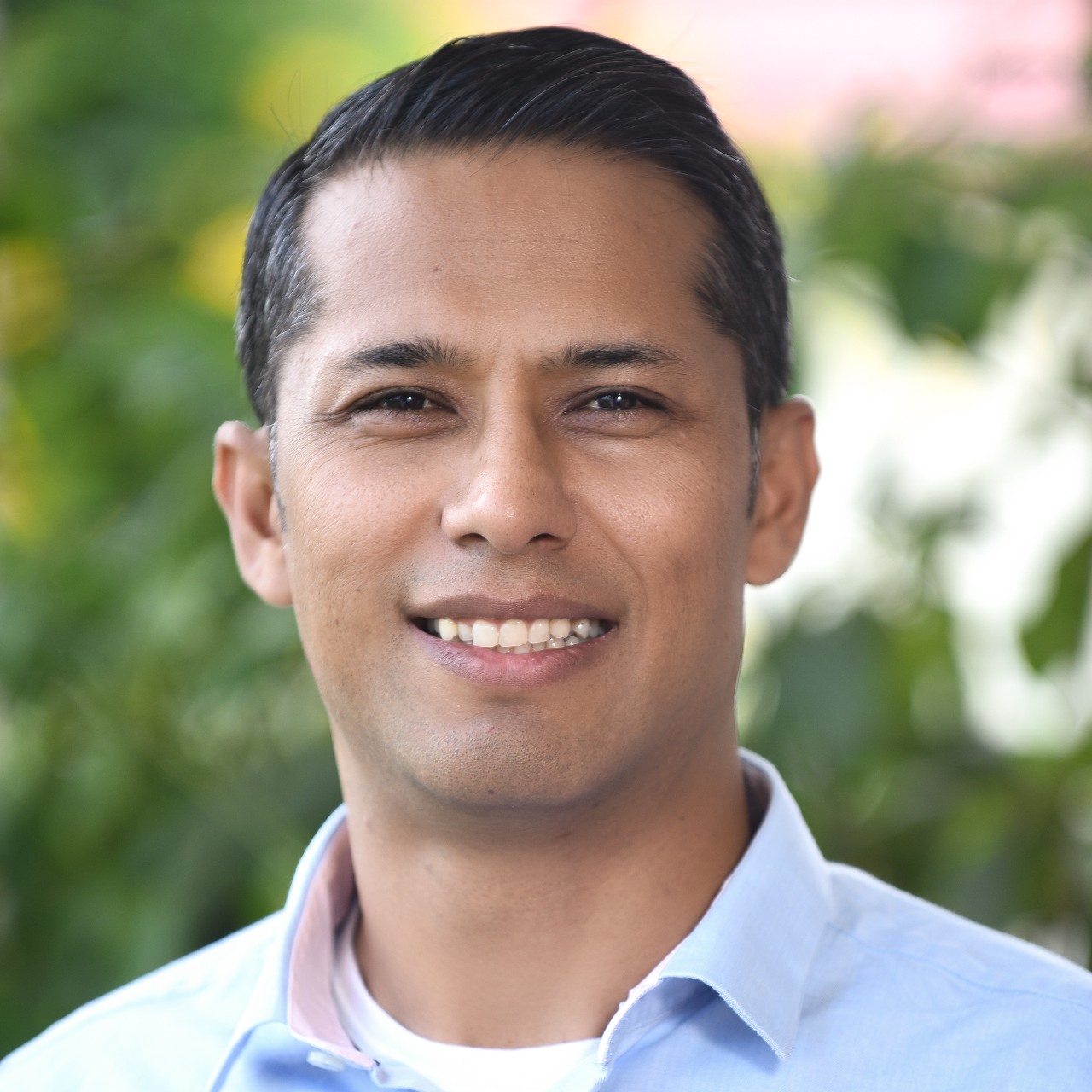Dr Prabin Khadka

-
Email
prabin.khadka@essex.ac.uk -
Location
5.414, Colchester Campus
-
Academic support hours
Tuesdays Walk In: 12:00-13:30 pm (or by appointment)
Profile
Biography
My current research focuses on social cohesion within the contexts of peacekeeping, counter-insurgency, countering violent extremism, and development efforts. Recently, I have also begun to explore the nexus between conflict and forced displacement resulting from the impact of climate change. I employ field experiments such as randomized controlled trials, survey experiments, and behavioral games in lab-in-the-field settings, with a particular emphasis on the Horn and Sub-Saharan Africa, the Middle East, and Nepal.
Qualifications
-
PhD New York University,
-
MA School of Foreign Service, Georgetown University, (2011)
Appointments
University of Essex
-
Lecturer, Department of Government, University of Essex (1/6/2020 - present)
Other academic
-
Lecturer, Department of Government (1/6/2020 - present)
Teaching and supervision
Current teaching responsibilities
-
Conflict Analysis (GV217)
-
International Security Studies (GV517)
Current supervision
Previous supervision

Degree subject: Government
Degree type: Doctor of Philosophy
Awarded date: 29/9/2023
Publications
Journal articles (8)
Khadka, P., Why Protectors become Predators? Violence against Civilians by AMISOM Peacekeepers in Somalia. International Studies Quarterly
Gelot, L. and Khadka, P., (2025). Social reintegration of former al-Shabaab militants: How formal channels help mitigate threat perceptions. Journal of Peace Research
Gelot, L. and Khadka, P., (2024). Traditional Authorities as both Curse and Cure: The Politics of Coping with Violent Extremism in Somalia. Conflict, Security and Development. 24 (1), 25-47
Khadka, P., Gilligan, M. and Samii, C., (2023). Intrinsic Social Incentives in State and Non-State Armed Groups. American Political Science Review. 117 (1), 22-41
Aarslew, L., Haas, N. and Khadka, P., (2023). Despite misinformation, low trust, and conflict in Somalia, high demand for vaccines and a negative endorsement effect of non-state authorities. Scientific Reports. 13 (1), 21689-
Haas, N. and Khadka, PB., (2020). If They Endorse It, I Can't Trust It: How Outgroup Leader Endorsements Undercut Public Support for Civil War Peace Settlements. American Journal of Political Science. 64 (4), 982-1000
Caruso, R., Khadka, P., Petrarca, I. and Ricciuti, R., (2017). The economic impact of peacekeeping. Evidence from South Sudan. Defence and Peace Economics. 28 (2), 250-270
Phayal, A., Khadka, PB. and Thyne, CL., (2015). What Makes an Ex-Combatant Happy? A Micro-Analysis of Disarmament, Demobilization, and Reintegration in South Sudan. International Studies Quarterly. 59 (4), 654-668
Book chapters (1)
Khadka, PB. and Phayal, A., (2022). The political economy of peacekeeping: unemployment, violence, and trust towards peacekeepers. Evidence from Somalia. In: Consent in peacekeeping. Edward Elgar Publishing. 327- 342. 9781839109928
Reports and Papers (2)
Khadka, P. and Gelot, L., (2023). Local Perceptions about Robust Protection of Civilians (PoC) in UNMISS and AMISOM
Khadka, P. and Gelot, L., (2023). Factors Influencing Community Receptivity of Former Fighters in Somalia
Grants and funding
2025
Protection of Civilians in Peacekeeping
University of Essex (QR Impact Fund)
2024
Can inclusive livelihoods programs promote social cohesion between host communities and returnee populations?
Innovations for Poverty Action
2023
How does Public Opinion Influence State and Non-State Political Elites' Attitudes toward Peace Settlements? Experimental Evidence from South Sudan
British Academy
2021
Can Democratic Agency Reduce the Appeal of Violent Extremism Among Internally Displaced Persons on? Evidence from a Field Experiment in Somali IDP Communities
Innovations for Poverty Action
Militant Courts or Police Posts? RCT Evidence on Women, Women Police, and Forum Shopping in Somalia - Resubmission
Innovations for Poverty Action
Contact
Academic support hours:
Tuesdays Walk In: 12:00-13:30 pm (or by appointment)


